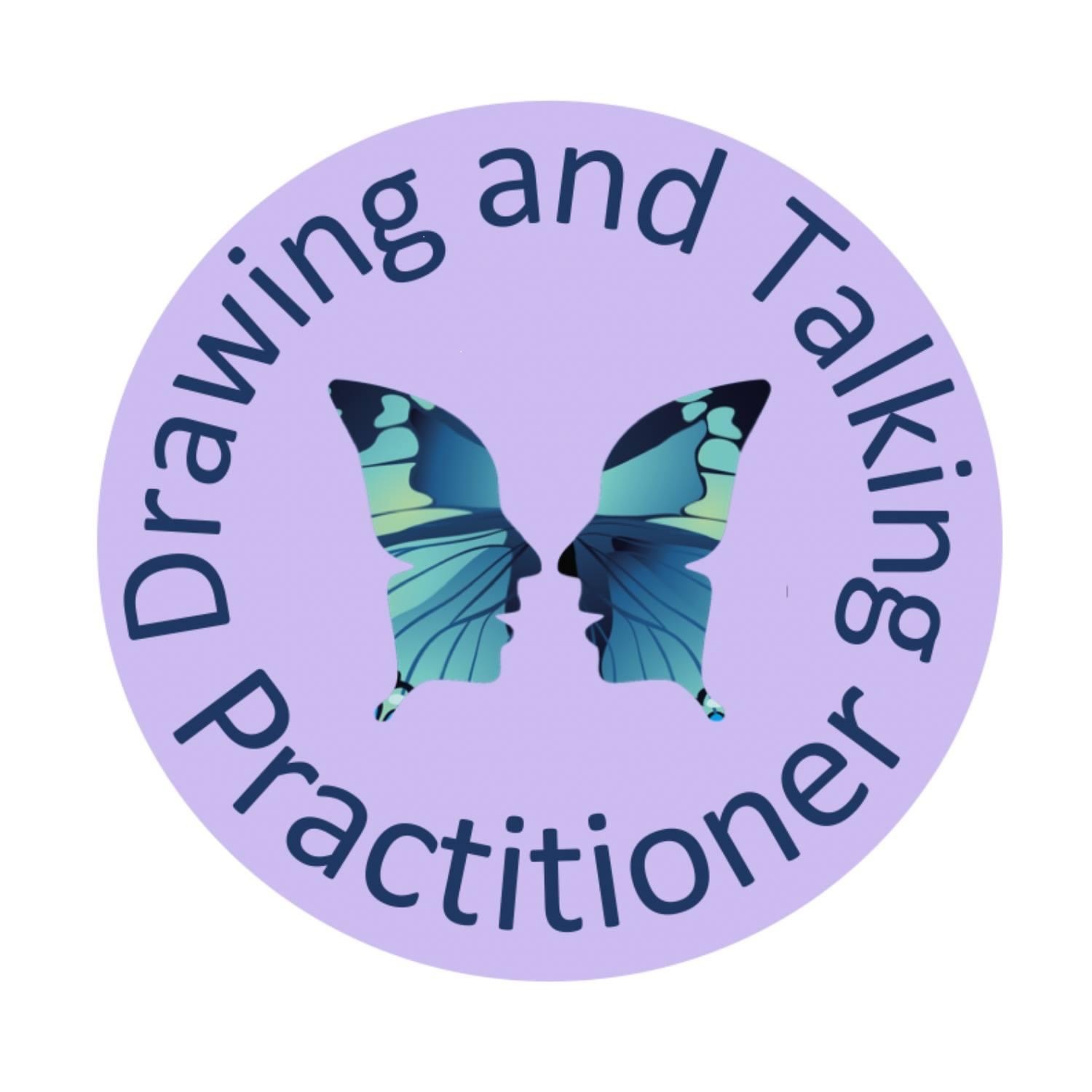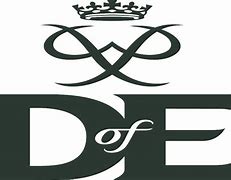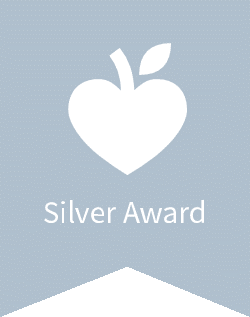SLD
Heligan
The Heligan Curriculum is a semi-formal curriculum which focusses on developing communication, skills for the future, independence and functional literacy and numeracy skills. Each term has an overarching topic designed to ensure that pupils engage in a broad and balanced curriculum. Pupils have daily numeracy and literacy sessions that comprise short formal sessions, practical investigation work, sensory breaks and pupil led learning. Topic lessons incorporate independent living skills, creative arts and humanities sessions as well as PSHE. Pupils are encouraged to develop their social interactions and self-confidence, and staff incorporate regular opportunities to practice these skills in the wider school community and the local community.
Adult led activities are differentiated by pupil need and questioning is informed by Blanks Level assessments. Adult led learning experiences include direct instruction, story, song and rhyme time and small group activities. In these experiences adults decide the purpose of learning, make links to prior learning, share and explore keywords and vocabulary, use questioning to extend learning and engage pupils in shared thinking and listening activities. When working on adult directed tasks pupils will work in small groups, pairs or individually on specific tasks, this includes pupils that are working on intervention style activities designed to target and practice key identified skills. Peer activities and games are supported by an adult to scaffold the use of skills in practice with others, practising and reinforcing social skills, turn taking and following instructions.
Pupil led learning experiences include playing with prior knowledge where the role of the adult is to engage in serve and return interactions, assessing and building on previous knowledge this also provides opportunities to correct misconceptions, make links to previous learning, use questioning to extend learning and to teach new knowledge. Sharing specialisms encourages pupils to share their interests and knowledge as a way to engage and enthuse others as well as exposing peers to a wider range of vocabulary as well as developing and practising speaking and listening skills. A key aspect of child led learning is experimental learning where adults support pupils to make sense of their experiences and make explicit links to prior knowledge or new learning. Pupil led experiences are an important aspect of developing skills needed in choice making, expressing preferences and being curious. It is important that pupil led learning is purposeful and appropriate, adults have a key role in ensuring this and need to be present and engaged in learning appropriately (in a scaffolding role rather than leading the learning).
Pupil Assessment is through BSquared Steps 4 Life including Evisense and pupils are encouraged to work towards ASDAN Lifeskill challenges (working from WTE1 –working towards Entry Level 1 through to E3 –Entry level 3) and an Arts Award (Discover/ Explore). Pupils have half termly IEPs which focusses on four targets informed by their EHCPs, Speech and Language Targets and TIS feedback.
Every small step of progress is recognised, named and celebrated
For more information, please contact Subject Lead, Steph Verran. Email: sverran@pencalenick.org






